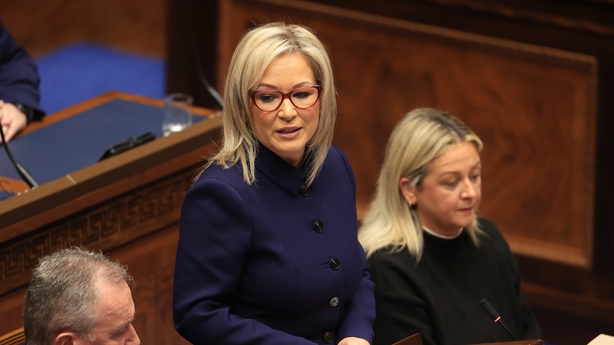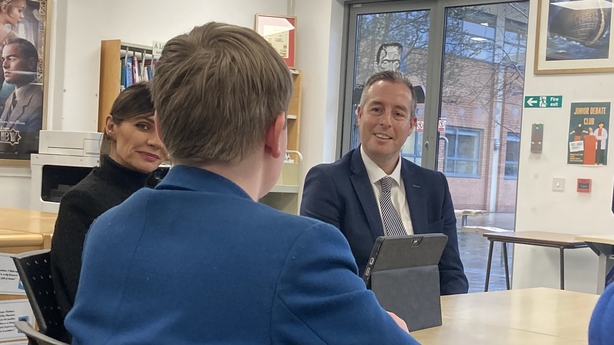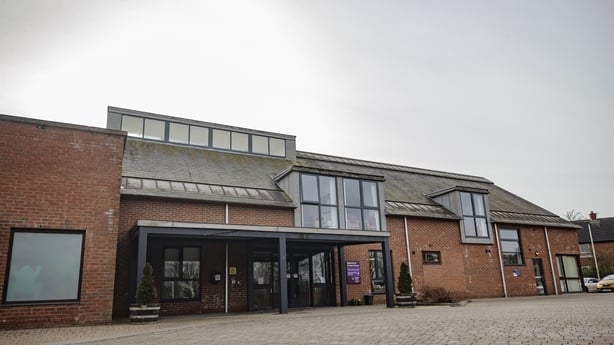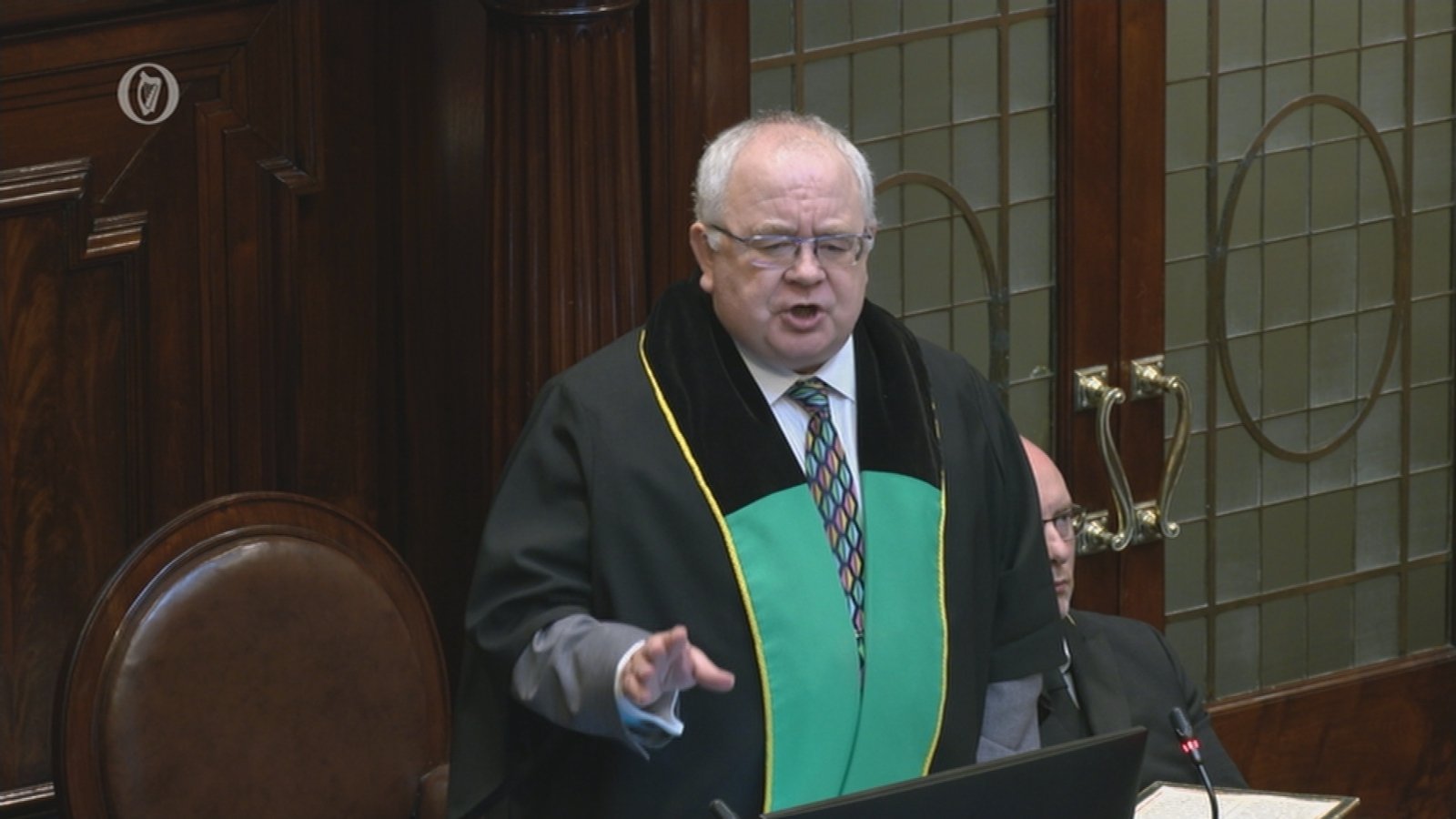Stormont ministers can expect a short honeymoon period

As Stormont’s MLAs were making their way to Tuesday’s first meeting of the newly restored Northern Ireland Assembly, a story was breaking that would demonstrate both the potential and the limitations of devolved government.
It emerged that the Children’s Hospice in Belfast was significantly paring back its weekend bed provision due to a lack of cash. A third of its funding comes from government, the rest from donations.
Families of sick children rang radio programmes to appeal for help. They lauded the care their children were given and the support the hospice provided for carers needing respite.
The funding crisis caused an outcry from a public already sensitive to a creaking public health system and the UK’s longest hospital waiting lists
The threat to the service was the first local issue raised by Sinn Féin First Minister Michelle O’Neill when she stood to speak in the assembly.
She said she had spoken to the newly appointed Health Minister Robin Swann.
He promised to review the problem and respond by the end of the week.

It was the kind of response that civic society in Northern Ireland had been crying out for during the collapse of the institutions – locally elected politicians responsive to a local crisis.
All week we saw ministers keen to get out from behind their desks and be seen on the ground.
Education Minister Paul Givan, of the DUP, went to schools to meet pupils and teachers and talk about investment in buildings and people.
Agriculture and Environment Minister Andrew Muir, of Alliance, visited Lough Neagh.
Serious pollution of it with a toxic algae was a cause celebre for environmentalists this summer.
Stormont’s Economy Minister Conor Murphy, of Sinn Féin, was on the border meeting Minister of Enterprise Trade and Employment Simon Coveney on the opportunities of the all-island economy.
The messaging was clear. Stormont was back in business. Politics was working.
There is no doubt the public wish the devolved institutions a fair wind.

If nothing else it means there is an accountable politician to contact when problems arise.
But voters can be forgiven for having a slightly jaundiced view.
For five of the last seven years the institutions have been in cold storage.
He said he was confident that the institutions would last this time.
Reform to prevent future collapses may be central to that, but the Taoiseach was not keen, at least in the short term. He said he would prefer to see a period of “bedding in”.
Stormont ministers can expect a short honeymoon period from the public. Lots of them work in the public sector and they are angry about their pay.
Issue of funding
Bus and train drivers have postponed a strike planned for next Thursday, similar to ones which crippled Northern Ireland’s public transport system recently.
But their union has warned that if there is not a fair pay settlement by the end of February, members will walk out over three days from midnight on 27 February to midnight on the 29 February.
And that brings us to the issue of money and in particular how much Northern Ireland gets from the British Exchequer, currently around £15 billion (€17.5 billion) a year.
As part of its deal with the DUP, the UK Treasury promised to change the funding formula to better reflect the higher cost of providing public services in Northern Ireland due to factors like the age of the population and the higher levels of deprivation and long term sickness.
Even though the deal is done, Executive ministers have already put the UK government on notice that the amount of money on the table is not enough and will have to be increased.
Pay parity with public sector workers in Britain is a massive pressure and without recurrent funding to meet it ministers will still be faced with the tough choice of either providing services or paying the staff who work in them.
The cash made available to Stormont ministers will dictate service provision. That in turn will influence the public’s perception of the value of the restored institutions.

Health Minister Robin Swann kept his word to the Children’s Hospice and came back on Friday with a decision about extra cash.
He reinstated about £85,000 (€99,000) of public money which had been withdrawn last year and provided greater certainty about annual funding from his department in the years ahead.
But what he was able to do was not enough.
“Given the current absence of a budget for next year and the well-documented financial uncertainties and challenges for government, my department is at the limit of what it can do right now,” he said.
The acting director of the Children’s Hospice had said publicly earlier this week that it costs £600,000 a year to provide and staff a bed.
Regrettably, the minister said, the hospice had informed him that the additional money he was promising, would not change its situation or the requirement to reduce beds.
For now at least, the Children’s Hospice finds itself in the same difficult financial position, despite this week’s restoration of devolution.
It is far from the answer to all of Northern Ireland’s problems.





